Published
- 09:00 am
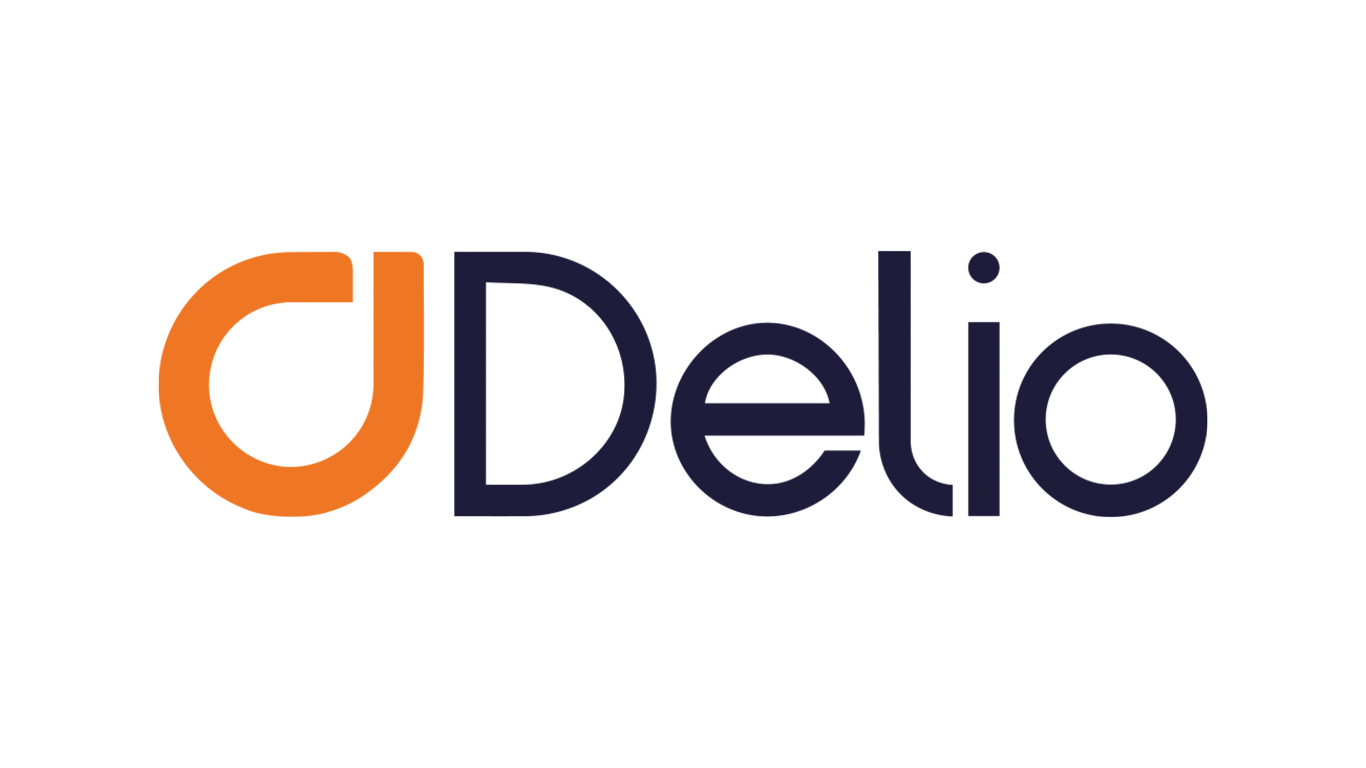
Delio, the fintech that digitises the private market strategies of leading financial institutions, has been named in Fintech Global’s WealthTech100 for the fifth successive year. The prestigious list recognises the most innovative technology solutions supporting the wealth, banking and asset management sectors, and is selected by a panel of industry experts and analysts.
In the midst of a global economic downturn, the role of WealthTech firms in enabling financial institutions to streamline processes, drive efficiency, and operate more effectively has never been more important. Delio’s inclusion in the 2023 list demonstrates the market-leading reputation of its highly configurable private markets technology, which is used by more than 90 clients worldwide including Barclays, UBS and Sumitomo Mitsui Trust Bank.
The WealthTech100 list has been developed to highlight the leading technology innovators in what is one of the world’s most rapidly expanding sectors. This year’s selection process was more competitive than ever before, with Fintech Global’s panel hand-picking the top 100 companies from more than 1,200 applicants. Finalists were shortlisted for their innovative use of technology to solve a significant industry problem, or to generate efficiency improvements across the investment value chain.
FinTech Global director Richard Sachar said: “At a time when not even the giants like Silicon Valley Bank and Credit Suisse are safe, it is vital that banks and investment firms have the best technology behind them. The WealthTech100 list will equip senior-level leaders in financial institutions with detailed information on some of the most innovative companies in WealthTech.”
Gareth Lewis, chief executive of Delio, said: “Delio is delighted to feature on the WealthTech100 list for a fifth year in succession. This independent recognition of our private markets technology comes at a time when financial institutions should be placing even more emphasis on their ability to connect their clients with alternative assets. Against a backdrop of global economic turbulence, investors now expect their wealth manager to be able to offer them seamless access to private investment opportunities; Delio continues to engineer innovative solutions that enable financial institutions to unlock their capabilities in private markets.”
Related News
- 08:00 am
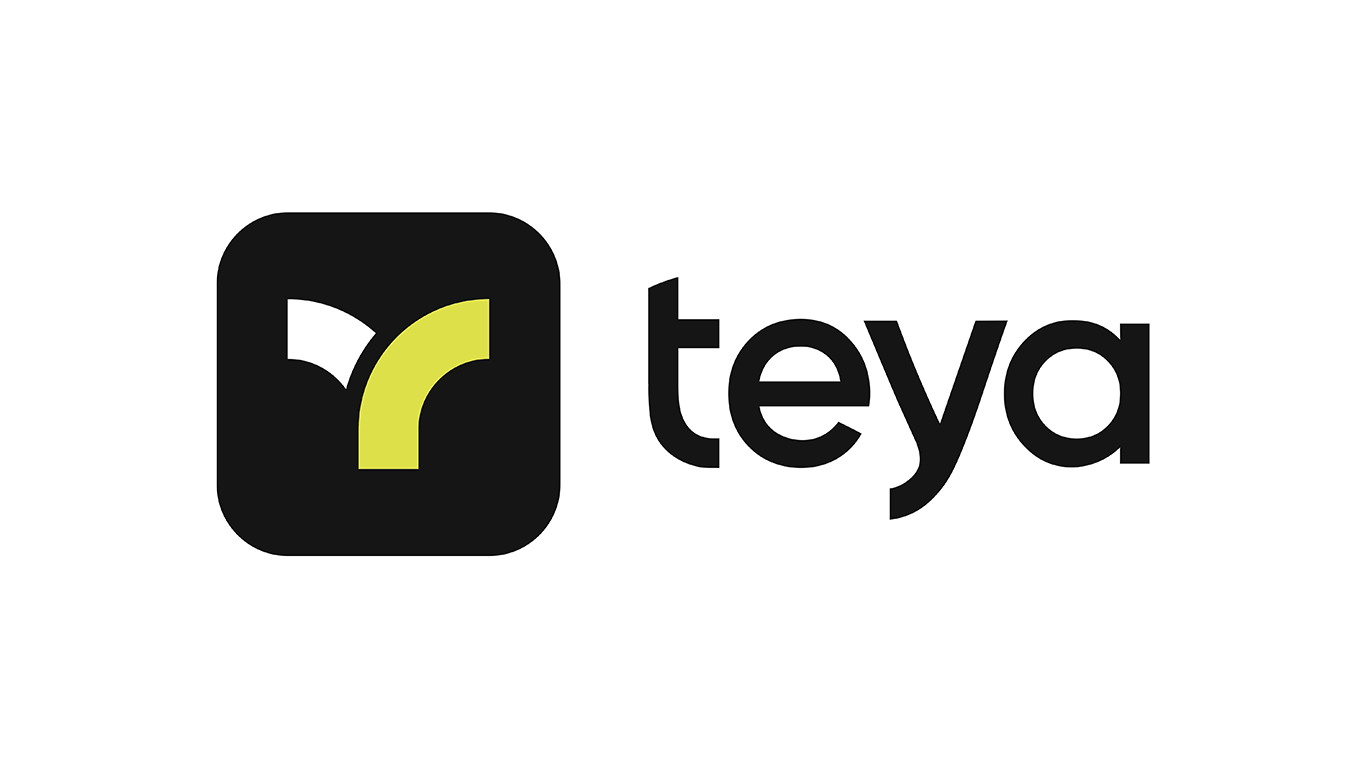
Teya, a new business solutions provider offering a one-stop solution for small and medium businesses across Europe, has announced its launch. Formerly operating under the name SaltPay, Teya is on a mission to make sure that every business in Europe has the opportunity to thrive – no matter its size or where it’s based.
Teya is creating a unified solution for payments, business management, and growth – with the aim to deliver simplicity and connectivity for SMBs when it comes to the software they use to power their businesses.
At launch, Teya is focused on making payments simpler for its customers, offering easy-to-use payment solutions using the latest point-of-sale (POS) terminal hardware, next-day settlements, third-party integrations, merchant portal, and payment links. These are available on fair and transparent terms, with simplified pricing, and without locking customers into long contracts.
Teya’s business management tools will also form part of their end-to-end solution – including a digital loyalty platform, website builder, advanced electronic point-of-sale (ePOS) system, booking management, online visibility tools, and merchant account features. The model means customers can benefit from one supplier if they choose Teya’s solutions instead of multiple third parties with different contracts, accounts, and terms. For those customers who prefer to use a third-party piece of software to power their business, Teya wants to create optionality and choice, and plans to create a connected solution for customers through partnerships and integrations.
Related News
- 01:00 am

OKX, the second-largest crypto exchange by trading volume and a leading Web3 technology company, today upgraded its OKX Wallet to become the first Web3 wallet to utilize leading-edge multi-party computation (MPC) technology in combination with its support of an industry-best 37 blockchains.
In addition, the wallet upgrade also includes a first-of-its-kind asset recovery feature, called independent 'Emergency Escape.' The independent Emergency Escape feature is unique in the market because it allows users to recover access to their assets without the involvement of OKX. To recover access in an emergency situation, users will need two of three (a.k.a. 2/3) access credentials: a device, a cloud backup or an OKX account login.
MPC technology eliminates the need for traditional written-down keys and seed phrases by splitting a user's private key into three parts, greatly improving security and eliminating a single point of failure. The upgrade adds to the existing features of the leading OKX Wallet, which is a decentralized, multi-chain wallet that allows users to take custody of their own crypto, trade NFTs, access DeFi protocols and explore thousands of DApps.
OKX Chief Marketing Officer Haider Rafique said: “This milestone signifies the beginning of a future where crypto wallets are more accessible, interoperable and ubiquitous while being safe and secure. Those accustomed to the fast-paced, decentralized Web3 world often must choose between agility and security when it comes to the wallet experience. OKX Wallet, now upgraded with MPC technology, gives users the best of both. OKX hopes to accelerate the growth of Web3 and spur mainstream adoption by delivering user-friendly experiences that keep users and their assets safe.”
OKX Head of Web3 Product Nate Zou said: “The philosophy of Web3 centres around self-custody, which empowers individuals to take control of their financial future. However, removing intermediaries from the equation also means assuming greater responsibility for securing one's on-chain property, including digital artwork and crypto. Our overarching goal is to democratize access to Web3, enabling everyone to leverage the potential of crypto. By utilizing MPC technology in the OKX Wallet, we have made it even simpler for users to protect their assets and participate in the Web3 economy of the future.”
Related News
- 07:00 am
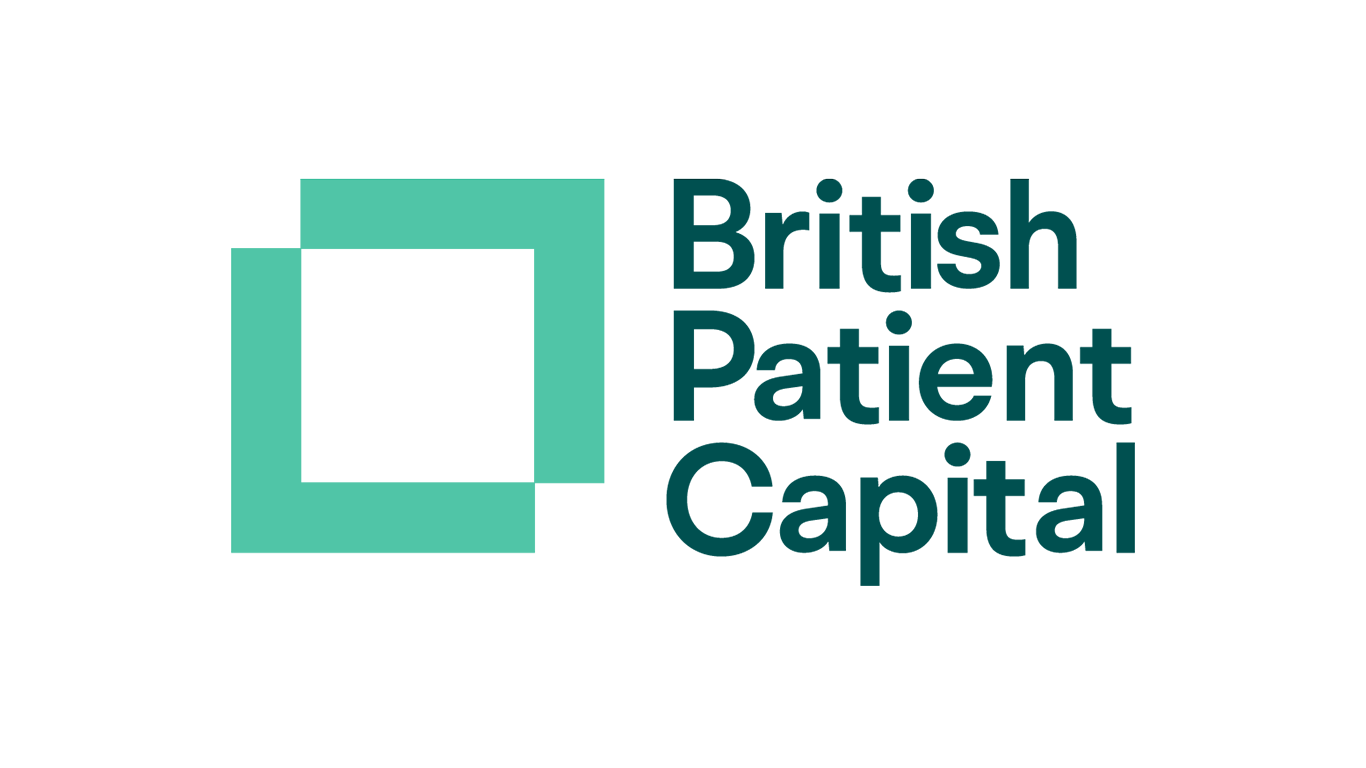
British Patient Capital has announced a follow-on investment of £4m in Quantexa, a global data and analytics software company, as part of a £104.6m Series E funding round. The company is now valued at more than £1 billion and is BPC’s second unicorn in its direct investment portfolio.
British Patient Capital participated in the funding round alongside lead investor GIC as well as Warburg Pincus, Dawn Capital, Evolution Equity, HSBC, AlbionVC, ABN and BNYM. British Patient Capital’s latest commitment follows on from previous investments in Quantexa’s Series C and D funding rounds in July 2020 and July 2021 respectively. The three investments are part of British Patient Capital’s co-investment programme and have been made alongside British Patient Capital fund manager Dawn Capital.
Headquartered in London, Quantexa connects billions of data points into a single contextual view to enable organisations to make better decisions and uncover hidden risk. Combining an innovative approach and the latest data technology, Quantexa’s Contextual Decision Intelligence platform is used to detect financial crime and find new opportunities across banking, insurance, as well as other enterprises. Quantexa will use the funding to strengthen its market position as a Decision Intelligence category leader and AI innovator whilst continuing to power its global growth.
Catherine Lewis La Torre, CEO, British Patient Capital said: “Quantexa continues to go from strength to strength as it develops a pioneering data analytics and AI technology offering. Under Vishal Marria’s leadership, the business has grown significantly whilst continuing to develop its cutting-edge technology. Quantexa joins an elite group of UK companies reaching a valuation of more than £1 billion, and we are delighted to support an agile and ambitious UK business as it continues to expand.”
Related News
- 09:00 am
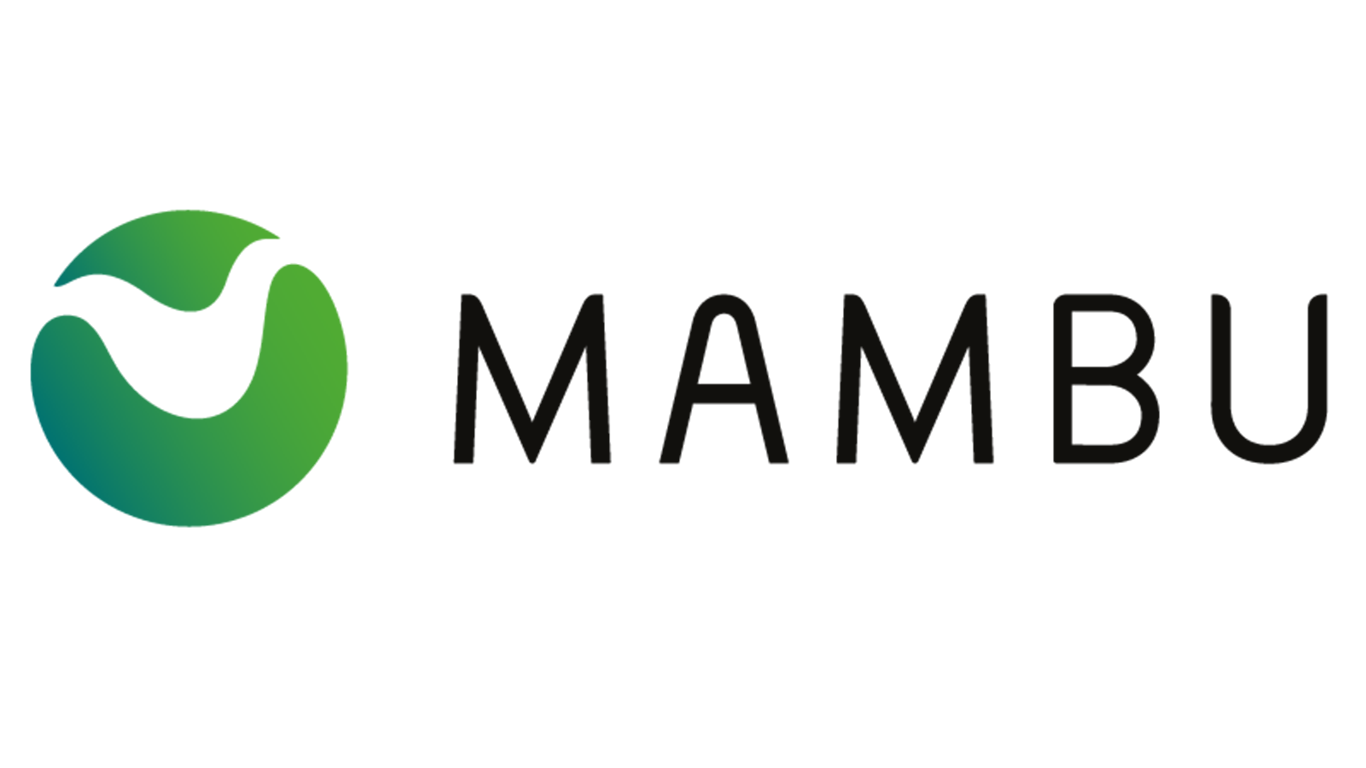
Orange Bank today announced it will migrate to Mambu’s cloud banking platform at its head office in France based on the successful launch of Orange Bank on Mambu in Spain in 2019.
The bank leverages Mambu to manage its current account, loan and credit card products with a government-regulated savings account under development. The implementation in France signals the bank’s intention to operate a single banking platform in order to scale Europe-wide. Launched in 2017, Orange Bank offers banking solutions designed natively around customers’ mobile uses. Its digital-first ethos allows customers to autonomously perform all transactions from their mobile application, with ease and speed.
Stephane Vallois, CEO Orange Bank: “Innovating for customers is at the centre of our strategy, and in Mambu’s cloud banking platform, we found not only an innovative solution, but a supportive and trusted partner. We have the agility to build and launch new features with a shorter time-to-market which adds real customer value. We see cloud as a differentiator, it allows us to leverage strong data security and lower maintenance costs to grow faster, and scale globally. On Mambu we can build ground-breaking solutions that truly reinvent the banking experience, and we look forward to the future together across Europe. Based on our partnership in Spain, we were able to navigate uncharted waters during the pandemic, delivering new products while enhancing the existing ones. Always keeping the needs of a changing market in the centre of our strategy.”
Eugene Danilkis, CEO Mambu: “Orange Bank is a great example of how Mambu empowers companies to scale with flexibility and agility, while leveraging the cloud. Our platform was born to empower our customers to create delightful financial experiences quickly, simply and with the best of the ever-changing financial technology ecosystem. Like us, Orange was born out of non-traditional roots and embraces change with a different mindset. We are excited to support Orange in continuously designing innovative solutions as it expands its operations and reaches more and more customers with better financial experiences."
Orange Bank is powered by Mambu and leverages Amazon Web Services (AWS) native services like EKS, RDS, Elasticache, Lambda, which enables the digital bank to operate from the cloud, while supporting the rapid deployment of financial products and services. Building its core banking systems on Mambu hosted in AWS ensures Orange Bank can scale its operations and improve the banking experience for its customers across Europe.
According to Charlotte Sanderson, Head of Global FSI Technology Partnerships at AWS which hosts the bank's services, the transition to the cloud is hitting every industry, and it all comes down to the speed advantage. “We’ve seen forward-thinking organisations such as Orange Bank are on the front foot of this next generation of banking. Offering new end-to-end digital services that engage customers and are personalised to their needs will be key to outlasting the competition.”
Related News
- 05:00 am
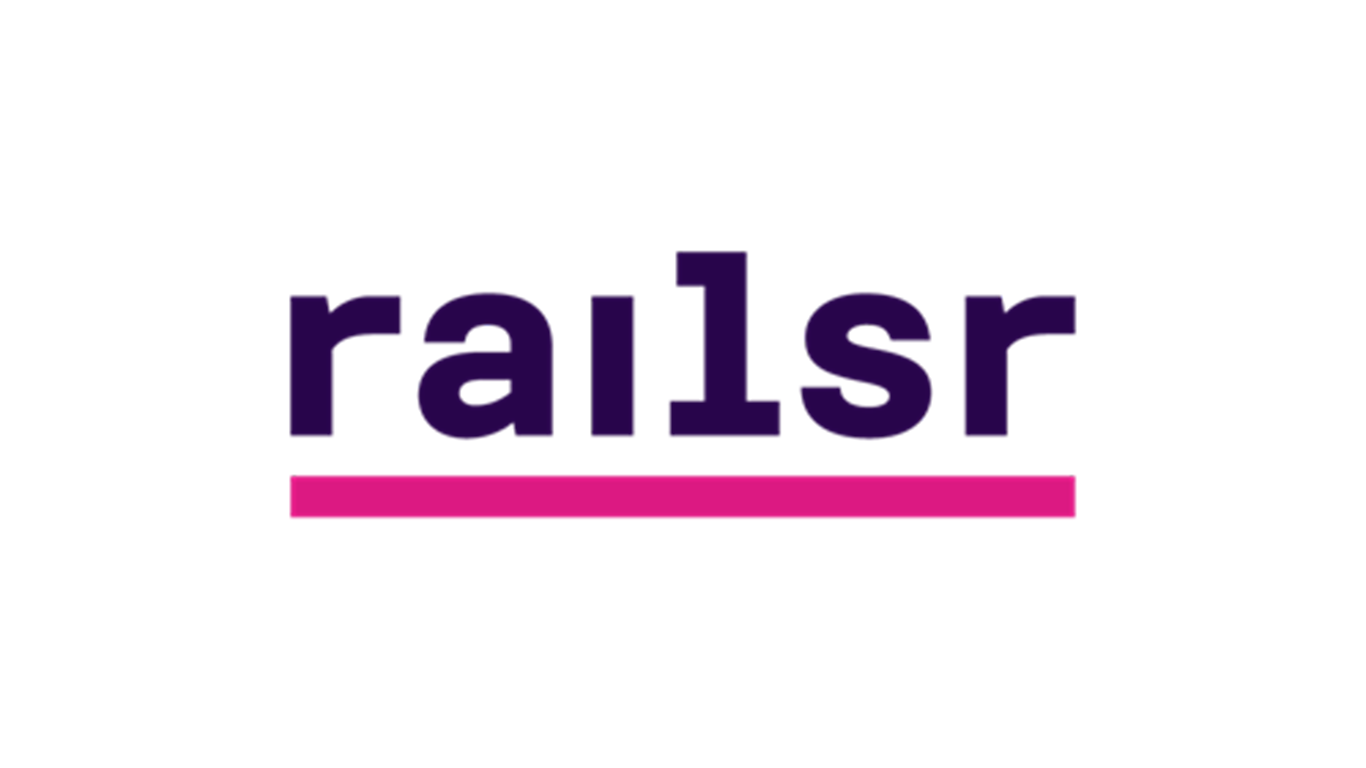
Railsr, the embedded finance platform, has today announced the appointment of Philippe Morel as Chief Executive Officer, Debbie Lotz as Chief Financial Officer and Nick Charteris as Chief Operating Officer. Philippe will report directly to Rick Haythornthwaite, Chair of the Board.
Philippe Morel was the CEO of SETL for four years, until its acquisition in early 2023. Prior to SETL, he was Global Head of Boston Consulting Group’s Capital Markets Practice, EMEA Leader for BCG Private Equity and Principal Investors Practice, and Chairman of the Board of Expand. Philippe has over 25 years of experience in financial services, advising corporates and financial institutions on their strategies, organisation and change management. He holds an MBA from Harvard Business School and a BSc from HEC (Paris).
Rick Haythornthwaite, Chair of the Board, commented: “This is a pivotal moment for Railsr and we are starting a new phase on the front foot. This triumvirate of executive appointments bring deep experience and renewed energy to rebuild momentum, drive change and return Railsr to growth. Together, we will tackle challenges constructively and methodically embrace opportunities to stabilise the business, strengthen market confidence and grow competitive advantage.”
“Philippe brings a potent combination of turnaround experience, strategic consulting and operational leadership, a set of skills which will lead the Railsr team and customers to success. I look forward to partnering closely with him in the coming months.”
Philippe Morel added: “I am delighted to join Railsr as the Company embarks on its new journey. I was very impressed by the technology, the team both in London and Vilnius and look forward to working with our clients and partners to take Railsr on the path to growth again.”
Debbie Lotz has recently relocated from Australia to the UK and is a Chartered Accountant with over 25 years’ experience in global banking and most recently held the role of Executive leading Data Risk Governance at the National Australia Bank (NAB). She has also held roles at the Commonwealth Bank, Royal Bank of Scotland and Dresdner Kleinwort Wasserstein.
Nick Charteris rejoins Railsr having spent the last 12 months as General Manager of Crypto.com in the UK. He previously held the role of Global Head of Operations.
Philippe, Debbie and Nick join Louisa Murray, Chief Sales Officer, Suavek Zajac, Chief Technology Officer and Ian Copley, Chief Client Officer as members of the Railsr Executive Committee.
Related News
- 04:00 am
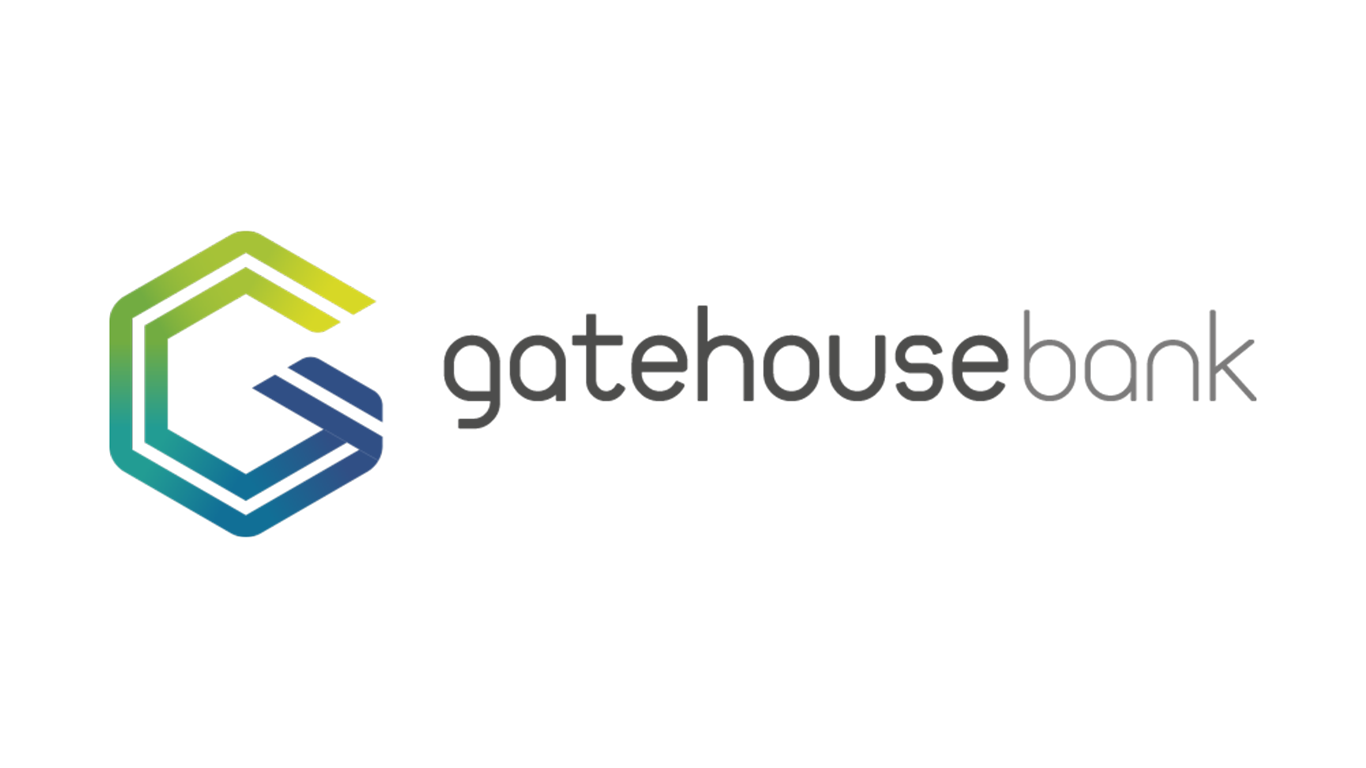
Gatehouse Bank has appointed Lesley Beecher as a Non-Executive Director of the Bank.
Lesley has over 30 years’ experience in the financial services industry, including board-level roles at HSBC, First Direct, Harpenden Building Society and Cornerstone Mutual Services. As a technology specialist, she has extensive executive experience in delivering large change programmes and leading teams of up to 1,000 technology professionals, making her highly skilled in digital, technology, delivery and people leadership.
As part of her role as a Non-Executive Director at Gatehouse Bank, Lesley will help inform the Bank’s strategy for future growth, particularly regarding information technology and transformation.
Lesley Beecher, Non-Executive Director at Gatehouse Bank said: “I was drawn to Gatehouse Bank as it’s an ambitious Shariah-compliant challenger bank, which really appeals to me.
“As the Bank continues to grow and evolve, I’m looking forward to drawing upon my background and experience to help shape Gatehouse’s direction and contribute right across the organisation.”
Charles Haresnape, CEO of Gatehouse Bank commented: “Lesley has considerable experience working in the financial services industry, both at a board level and across board subcommittees. Her expertise in driving information, transformation and technology programmes across multiple locations and cultures will make her a fantastic asset to our growing Bank.
“I am very pleased to welcome Lesley onboard and am looking forward to working closely with her and our other board members to inform and shape the Bank’s future strategy.”
Related News

Gary Lynam
Director of ERM Advisory at Protecht
The fintech landscape continues to offer huge opportunities for growth and innovation, but the risk environment while pursuing these objectives is more challe see more
- 05:00 am
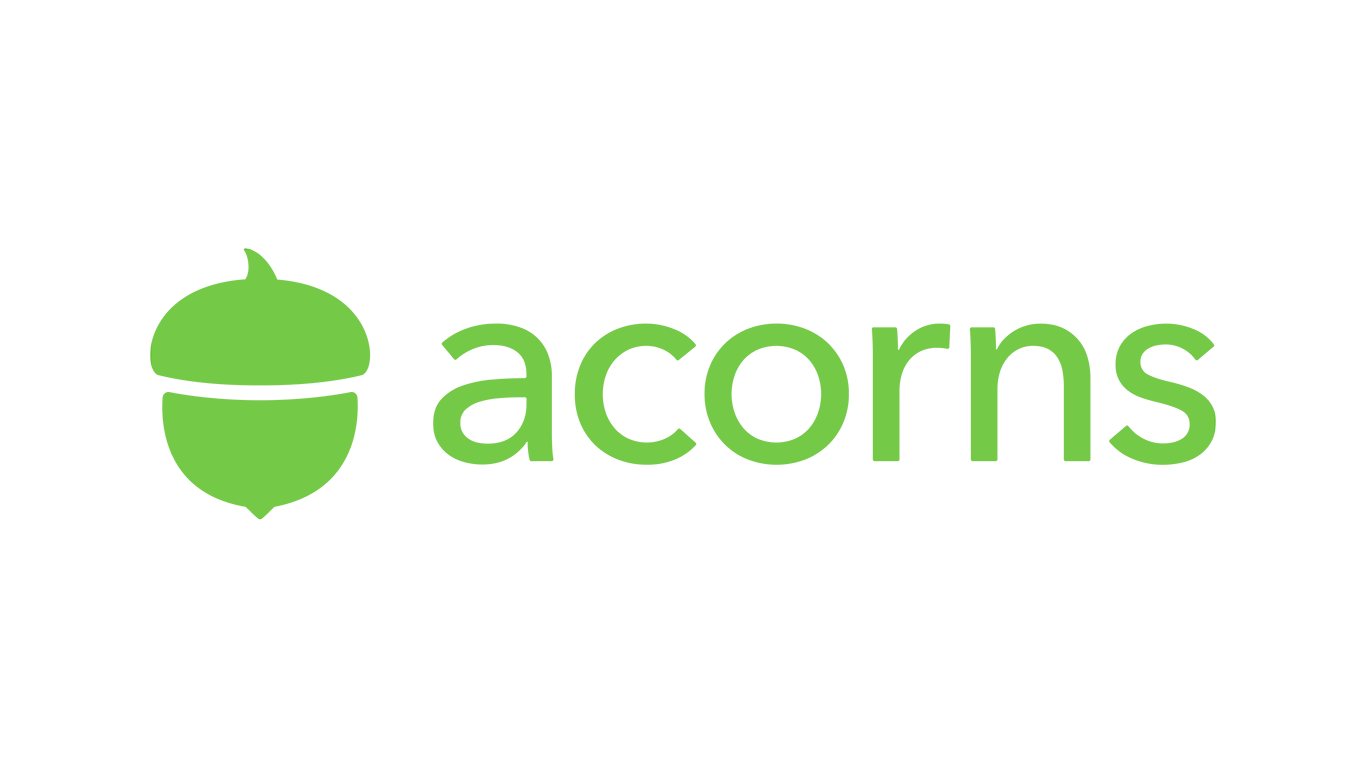
U.S.-based savings and investing startup Acorns has acquired London-based GoHenry, a startup focused on providing money management and financial education services to 6-18 year-olds in an all-equity deal, the two companies announced today.
The combined valuation of the company, as well as further financial terms, were not disclosed. When Acorns last raised funding, $300 million in March 2022, it was valued at $2 billion; GoHenry has not disclosed its valuation but was believed to be valued at between $250 million and $500 million in October 2022, when it raised $55 million.
The acquisition is notable for a couple of reasons. For one, if the companies have managed to keep their valuations level (valuations have seen a lot of pressure in the last six months) it would be one of the bigger M&A deals between two fintech startups, coming at a time when startups have found it very challenging to raise further funding — either from private investors, or from the public markets by way of an IPO.
Second of all, it will add a number of new backers to Acorns’ cap table. GoHenry’s investors include Edison Partners, Revaia, Citi Ventures, Muse Capital and Nexi, which are all rolling over their equity in the deal.
Lastly, this gives Acorns an opening to grow internationally, starting with GoHenry’s existing footprint across the U.K., France, Italy and Spain.
The companies would not provide specific details regarding individual metrics, saying only that the combined company will have nearly 6 million subscribers. Previous TechCrunch coverage helps us break down the mix, but also points to either or both having lost some users in recent times. In March of 2022, CEO Noah Kerner had told TechCrunch that the company had more than 4.6 million paid subscribers. GoHenry last October said it had 2 million customers.
Since its 2012 inception, Acorns has raised just over $500 million from investors such as private equity firm TPG, BlackRock, Greycroft, Owl Rock (a division of Blue Owl), Senator Investment Group, Torch Capital, Industry Ventures, Bain Capital Ventures, Galaxy Digital, Headline and Kevin Durant & Rich Kleiman’s Thirty Five Ventures.
Acorns is coming into this deal after it faced a setback on an earlier exit plan of its own. The company originally had intentions to go public, and in 2021 it laid out plans to do so by way of a SPAC. At the time, it had projected revenue of $126 million for the year, according to the deck analyzed by our own Alex Wilhelm. But with the SPAC market facing a lot of troubles, and the tech IPO market drying up at the end of 2021, Acorns scrapped its SPAC IPO plans in January of 2022.
GoHenry (named after its first child-customer, according to the company) has raised a total of $125 million since it was founded in 2012. It posted $42 million in revenue in 2021 (the last complete year it reported), double what it made in 2020.
Neither Acorns nor GoHenry — both of which are 10 years old — were yet profitable at the time of their last raises.
Acorns got its start initially targeting younger adults, specifically millennials, before later opening its first services for children. GoHenry will help it extend in that market segment. From its early days, GoHenry has focused on the 6 to 18 age group, which currently use two main services from the company: a prepaid debit card (topped up by parents typically) and a “financial education” app that links to that card (and an app that parents can use to help monitor and manage the account). Until last summer, GoHenry operated in the U.K. as well as in the U.S., where it had expanded to in 2018. It began also servicing France and Spain when it acquired French startup Pixpay last July and it also opened up for business in Italy in January of this year.
Acorns has evolved its offering to also include investment services, debt management and a product aimed at children, Acorns Early which launched in June of 2020. Acorns Early lets parents, guardians, family and friends easily invest in a child’s future. Prior to GoHenry, Acorns had also acquired Vault, Harvest Platform and Pillar.
The two companies’ executives say that the combined company will let them serve customers through all life stages – from birth to retirement. Acorns claims it has helped Americans save and invest over $16 billion since its founding, while GoHenry’s customers saved $130 million in the last five years. The acquisition now puts Acorns directly in competition with other U.S.-based fintechs already offering debit cards to children and/or teens, including Greenlight, Step, and Current.
“Both of us have been dreaming about this idea for financial wellness for the whole family for a long time,” Kerner told TechCrunch in an interview, noting that the companies have been in conversations for two years. “So being able to serve kids, teens and adults holistically inside one company globally is really exciting.”
GoHenry co-founder Louise Hill said she is “excited about the opportunities” the combination will unlock.
“It’s very much a shared vision/mission, looking at the best interests of families, and the up and coming – the everyday people,” she said in an interview. “Being able to expand and offer the same approach to financial well being to adults as well is hugely exciting.”
The combined company — both of which offer subscription services — has over 700 employees. While the deal was primarily equity, there was a “tiny cash consideration,” Hill said, that was more out of “administrative necessity than anything else.”
The decision to acquire GoHenry was not one made lightly, according to Kerner, who said Acorns evaluated “over 100” companies globally.
“We have been very focused on the U.S. market with our products but have always had aspirations to deliver globally,” he told TechCrunch. “This allows us to accelerate that path.”
Hill said GoHenry too always had the intention to globalize.
“Our teams have been talking together for over two years, and it just became more and more obvious that the right way to go was to come together,” she said.
In the U.S., GoHenry will operate as GoHenry by Acorns. In the U.K. & Europe, GoHenry & PixPay will continue to operate under their own brands.
As the IPO market has dried up, many industry observers had predicted that the fintech space would see more consolidation. And so far in 2023, we’ve seen a number of M&A deals.
For example, earlier this year, Marqeta announced plans to acquire two-year-old fintech infrastructure startup Power Finance for $223 million in cash, marking the first acquisition in that publicly traded company’s 13-year history. Also in January: investment giant BlackRock announced it was acquiring a minority stake in SMB 401(k) provider startup Human Interest; remote payroll startup Deel acquired fintech Capbase; Fidelity acquired equity management startup Shoobx; Vouch, an insurtech focused on startups, acquired lending startup Level and American Express entered into an agreement to acquire Nipendo.
Related News
- 04:00 am
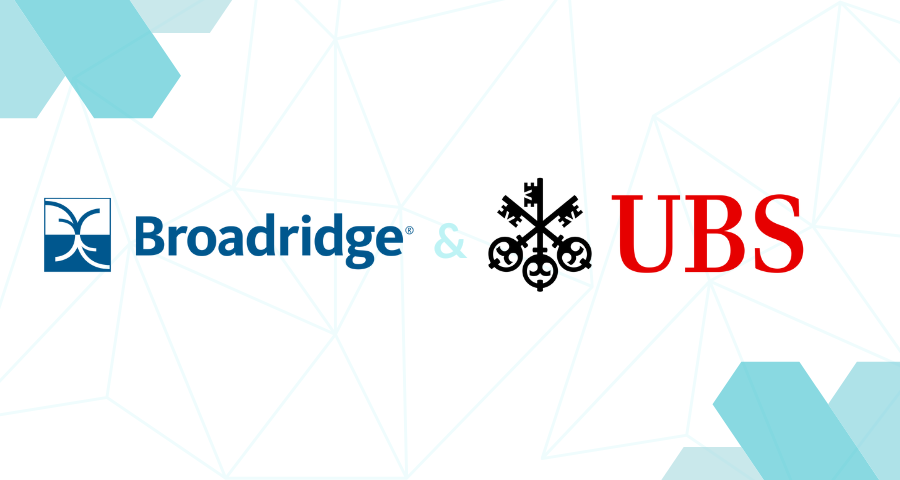
Global Fintech leader Broadridge Financial Solutions, Inc., today announced that UBS and a global Asian bank have successfully executed the first cross-border intraday repo transaction on Broadridge’s blockchain-enabled Distributed Ledger Repo (DLR) platform. This ground-breaking intraday trade marks the launch of the next phase in the rollout of Broadridge’s DLR platform. Continuing to build on the initial success of the platform and leveraging the growing expansion of the network across the global repo community, is a major step forward to providing a more efficient means of intraday liquidity management.
“Intraday repo is a valuable tool to manage our liquidity usage and provides flexibility in our funding capabilities with reduced operational risk,” said Beatriz Martin, UBS Group Treasurer. “This accomplishment builds on the foundation we have established as an early adopter of the Distributed Ledger platform.”
The global expansion of the platform across both sell-side and buy-side firms enables a network effect of increased benefits and additional transaction types. Broadridge is a leader in bringing the benefits of distributed ledger capabilities to transform the global repo market, capturing $1 trillion dollars in monthly volume.
“This is the next step in executing on our vision of transforming global repo market infrastructure,” said Horacio Barakat, Head of Digital Innovation at Broadridge. “We are empowering leading financial institutions like UBS with the ability to dramatically lower risk and operating costs and see enhanced liquidity.”
This platform provides a utility where market participants can agree, execute, and settle repo transactions, providing flexible settlement cycles based on counterparts’ needs. The DLT Repo platform significantly increases settlement velocity and collateral mobility, thus making intraday possible. The platform also reduces the operating cost and risk of all repo activity, including well as overnight and term repos.









